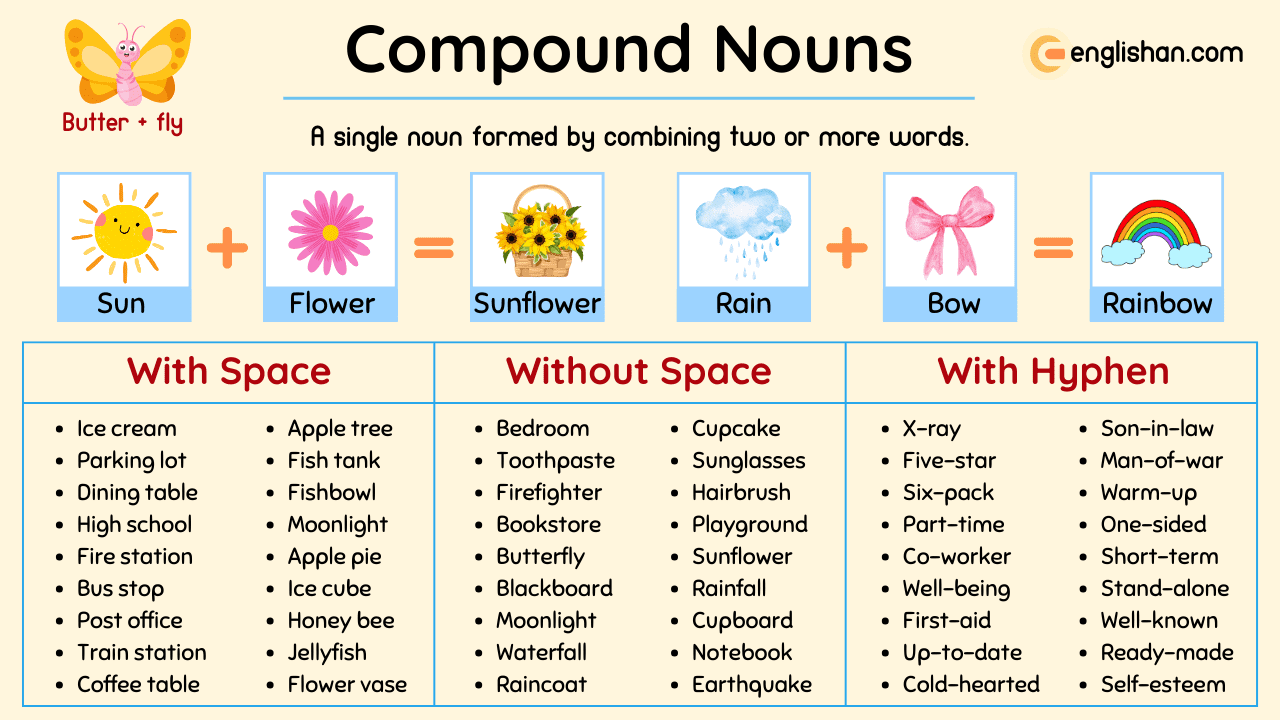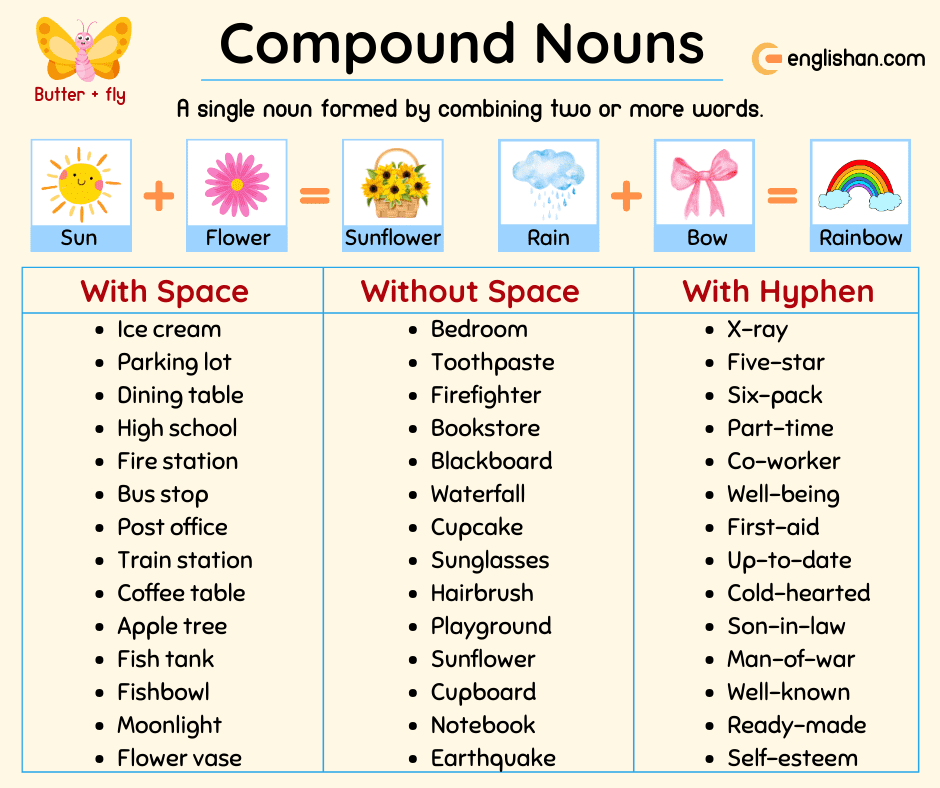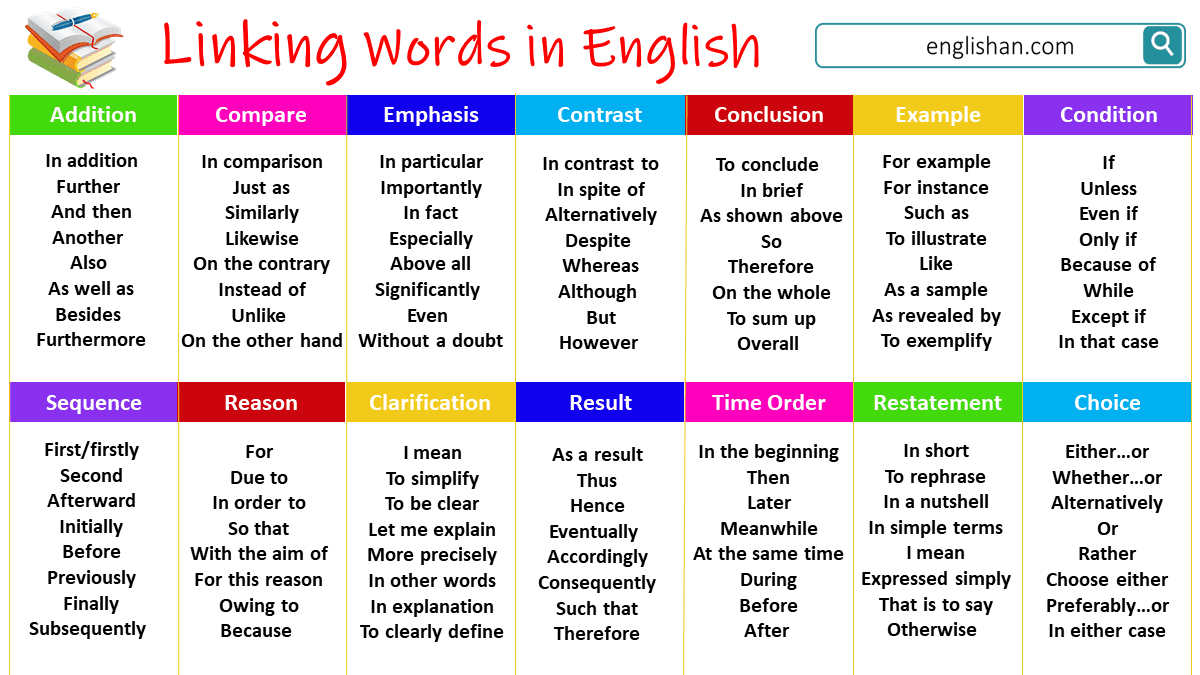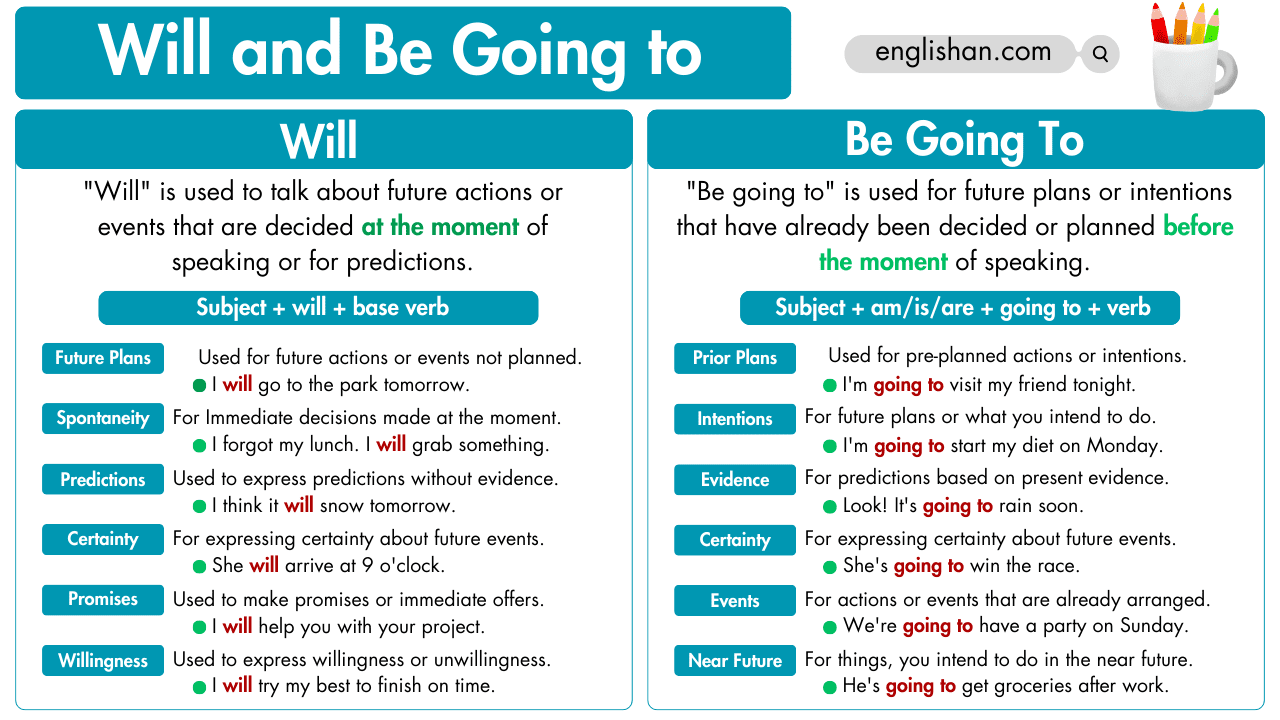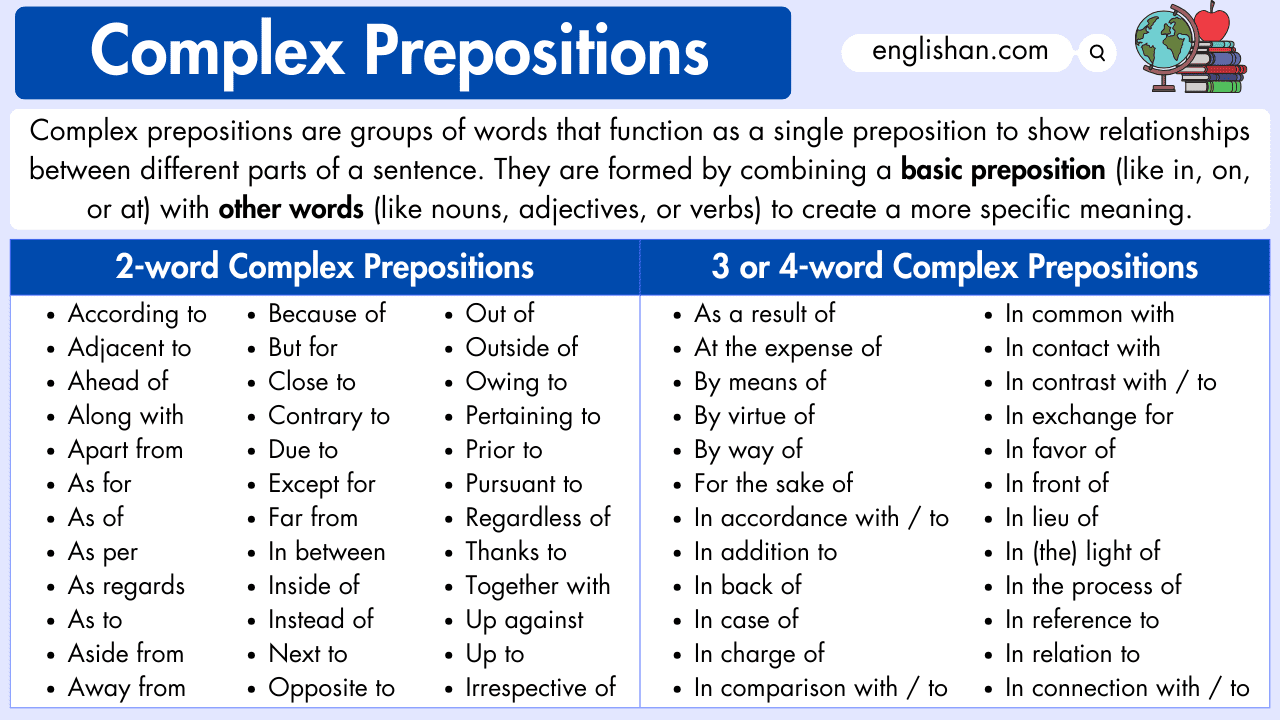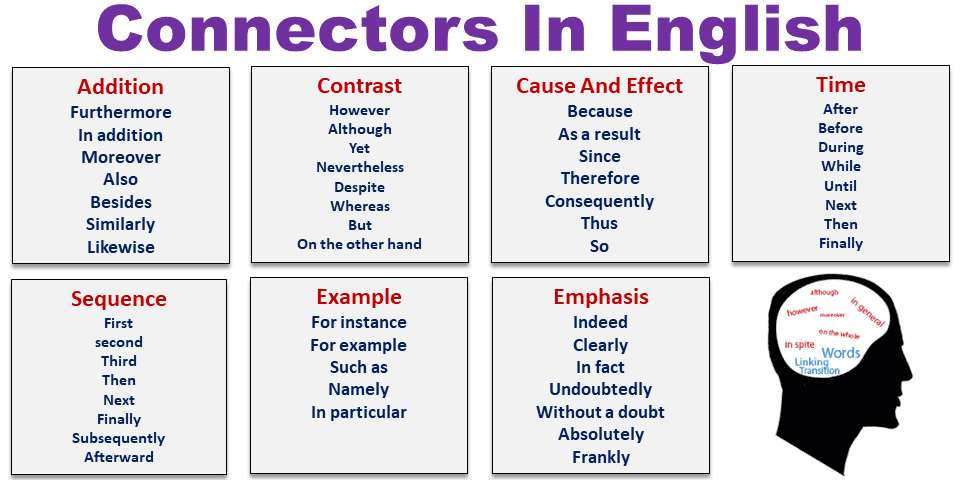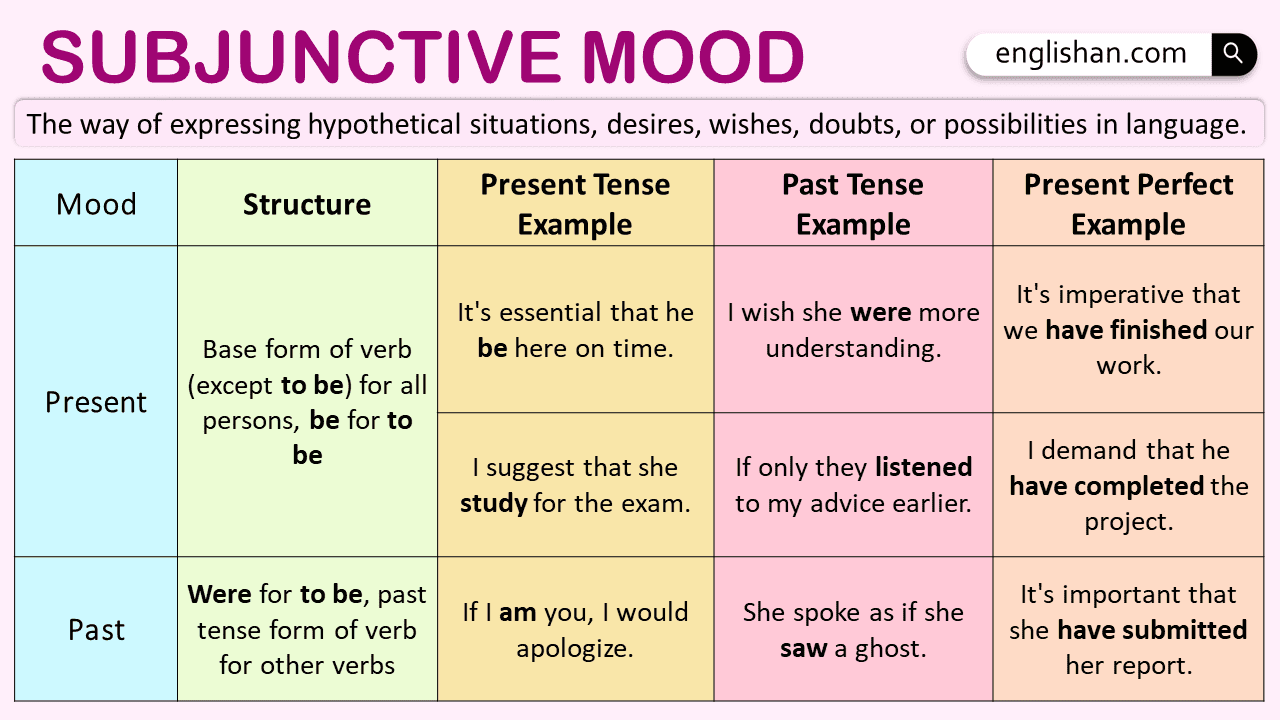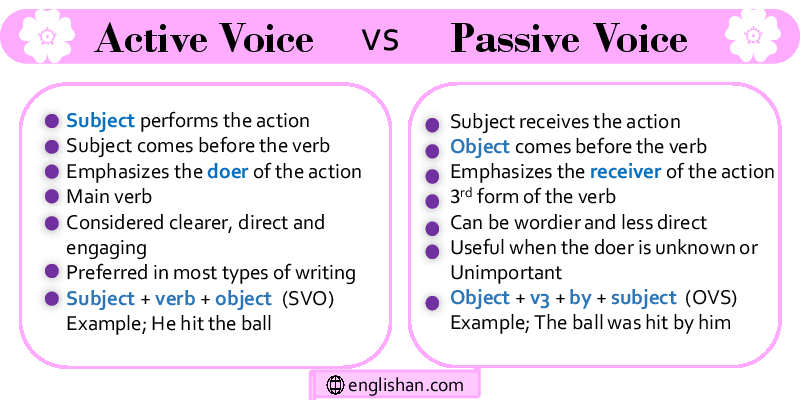Contents
Nouns are words that represent people, places, things, or ideas. They play a crucial role in helping us understand and communicate about the world around us. Among the various types of nouns, we have compound nouns, which are formed by combining two or more words. This combination can be done in different ways, such as using a hyphen (-), keeping the words separate, or joining them without a space. In this article, we will focus on compound nouns, exploring their formation, usage, and examples to help you understand them better. So, let’s begin!
What are Compound Nouns?
Compound nouns are words formed by combining two or more words to create a new noun that represents a single concept or idea. For instance, “toothbrush” combines “tooth” and “brush” to refer to the tool used for cleaning teeth. Similarly, “rainbow” joins “rain” and “bow” to describe the colorful arc seen in the sky after rain. These words can be combined in different ways, such as by joining them together (bedroom), using hyphens (mother-in-law), or keeping them separate (school bus).
Examples of compound nouns include:
- Bedroom: (Bed + Room)
- Toothpaste: (Tooth + Paste)
- Firefighter: (Fire + Fighter)
- Bookstore: (Book + Store)
- Sunflower: (Sun + Flower)
In each example, the combination of words creates a single concept or entity. While the individual words may have their meanings, the compound noun represents something new and specific.
Formation of Compound Nouns
Compound nouns can be formed in several ways:
1. Noun + Noun
This is one of the most common formations for compound nouns, where two nouns are combined to create a new noun representing a specific concept or object.
Examples:
- Bedroom
- Bookcase
- Football
- Raincoat
- Toothbrush
- Sunshine
2. Adjective + Noun
In this formation, an adjective is combined with a noun to describe a particular type or quality of the noun.
Examples:
- Blackboard
- Redhead
- Greenhouse
- Darkroom
- Coldwater
- Blueberry
3. Verb + Noun
Compound nouns can also be formed by combining a verb with a noun, often representing a person or object associated with the action.
Examples:
- Swimming pool
- Running shoes
- Washing machine
- Cooking pot
- Swimsuit
- Sleeping bag
4. Preposition + Noun
Prepositions can be part of compound nouns, indicating location, direction, or relationship.
Examples:
- Underground
- Offspring
- Underworld
- Outlook
- Forehead
- Overpass
5. Noun + Verb
In some cases, nouns can combine with verbs to form compound nouns, typically representing activities or events.
Examples:
- Breakfast
- Handshake
- Haircut
- Rainfall
- Footprint
- Playground
6. Adverb + Adjective
Though less common, compound nouns can also be formed by combining an adverb with an adjective to describe a specific quality or characteristic.
Examples:
- Afterwards
- Nearby
- Outside
- Inside
- Upstairs
7. Noun + Preposition
This formation combines a noun with a preposition to indicate a specific location or relationship.
Examples:
- Backyard
- Bedroom
- Sidewalk
- Waterfall
- Highway
8. Gerund + Noun
Gerunds (verbs ending in “-ing” used as nouns) can combine with other nouns to create compound nouns, often representing activities or concepts.
Examples:
- Shopping cart
- Swimming pool
- Reading glasses
- Writing desk
- Running shoes
- Walking stick
9. Noun + Adjective
Sometimes, a noun is combined with an adjective to describe a particular type or quality of the noun.
Examples:
- Airplane
- Sunshine
- Earthquake
- Rainforest
- Firefly
10. Verb + Particle
Compound nouns can also be formed by combining a verb with a particle (often a preposition or adverb) to represent an action or event.
Examples:
- Breakthrough
- Runaway
- Takeoff
- Handout
- Checkout
11. Adjective + Verb
This formation combines an adjective with a verb to create compound nouns describing actions or characteristics.
Examples:
- Breakdown
- Outcry
- Uprising
- Outburst
- Outfield
12. Noun + Preposition + Noun
Sometimes, a compound noun consists of a noun followed by a preposition and then another noun.
Examples:
- Daughter-in-law
- Commander-in-chief
- Father-in-law
- Man-of-war
- Maid-of-honor
Types of Compound Nouns
They can be categorized into several types based on their structure and formation:
- Closed Compound Nouns: They are written as a single word without spaces, such as “football” or “blueberry.”
- Hyphenated Compound Nouns: They are formed by connecting the individual words with a hyphen, such as “mother-in-law” or “six-pack.”
- Open Compound Nouns: They are written as separate words without any hyphens, such as “ice cream” or “post office.”
- Proper Compound Nouns: They are specific names for particular people, places, or things. Examples include “New York,” “United States,” and “World War II.”
Compound Nouns List
- Bedroom
- Toothpaste
- Firefighter
- Bookstore
- Butterfly
- Goldfish
- Blackboard
- Moonlight
- Waterfall
- Raincoat
- Cupcake
- Sunglasses
- Hairbrush
- Schoolteacher
- Playground
- Sunflower
- Rainfall
- Doorbell
- Cupboard
- Teaspoon
- Headphones
- Moonlight
- Cupboard
- Notebook
- Snowflake
- Riverbank
- Snowman
- Raindrop
- Earthquake
- Newspaper
- Seashore
- Toothbrush
- Sidewalk
- Pancake
- Rainforest
- Sunshine
- Grasshopper
- Mailbox
- Footprint
- Daylight
- Wheelchair
- Headlight
- Sunglasses
- Eggplant
- Dragonfly
- Cupboard
- Snowball
- Buttercup
- Firefly
- Rainstorm
- Ice cream
- Parking lot
- Dining table
- Swimming pool
- High school
- Tooth fairy
- Paper airplane
- Fire station
- Tennis court
- Coffee shop
- Bus stop
- Fruit basket
- Police station
- Lemonade stand
- Soccer field
- Ice cream parlor
- Birdhouse
- Basketball court
- Pizza delivery
- Post office
- Train station
- Grocery store
- Flower shop
- Gas station
- Coffee table
- Football field
- Ice cream truck
- Treehouse
- Lemonade stand
- Flower garden
- Tennis racket
- Apple tree
- Fish tank
- Coffee mug
- Fishbowl
- Moonlight
- Grasshopper
- Watermelon
- Apple pie
- Ice cube
- Peanut butter
- Honey bee
- Jellyfish
- Baseball field
- Butter knife
- Ice cream cone
- Lemon tree
- Flower vase
- Birdhouse
- Fire truck
Hyphenated Compound Nouns
Hyphenated compound nouns are formed by connecting two or more words with hyphens. These hyphens help clarify the relationship between the words and create a single entity with a specific meaning. here’s a list of hyphenated compound nouns:
- Mother-in-law
- Brother-in-law
- Sister-in-law
- Son-in-law
- Daughter-in-law
- Father-in-law
- Commander-in-chief
- Man-of-war
- Maid-of-honor
- Half-sister
- Half-brother
- Warm-up
- One-sided
- Short-term
- Stand-alone
- Well-known
- High-pitched
- Well-behaved
- High-spirited
- Good-looking
- Ready-made
- End-of-year
- Hard-working
- Long-distance
- Old-fashioned
- Quick-thinking
- Real-life
- Self-help
- Tax-free
- Under-the-table
- Wide-ranging
- X-ray
- Zebra-crossing
- Counter-argument
- Cross-reference
- Double-check
- Down-to-earth
- Hand-me-down
- Mother-of-pearl
- Peace-of-mind
- Zero-tolerance
- Five-star
- Six-pack
- Good-looking
- Well-known
- Ready-made
- Second-rate
- Daylight-saving
- Part-time
- Co-worker
- Well-being
- Home-grown
- Up-to-date
- Vice-president
- Step-by-step
- Over-the-counter
- First-aid
- Fast-paced
- Slow-motion
- High-speed
- Cold-blooded
- Warm-hearted
- Close-up
- Open-minded
- Close-minded
- Self-esteem
- Cross-country
- Middle-class
- Second-hand
- First-rate
- Full-length
- Heavy-handed
- Light-hearted
- Strong-willed
- Hand-to-hand
- Head-to-toe
- High-pressure
- Cold-hearted
- Middle-aged
- Long-lasting
- Out-of-date
- Out-of-touch
- Out-of-this-world
Compound Nouns Examples Sentences
- I need a toothbrush.
- Can you pass the saltshaker?
- The sunflower in the garden is beautiful.
- She wore a raincoat during the storm.
- I bought a new toothpaste.
- My cellphone is ringing.
- She received a love letter.
- I bought a new pair of sunglasses.
- I enjoy a good cup of tea.
- The rainbow appeared after the rain.
- The school bus arrived early.
- The sound of the waterfall is soothing.
- The toothpaste tube is almost empty.
- The traffic light turned red.
- She wore a beautiful necklace.
- The dishwasher is running.
- I have a headache; can you get a painkiller?
- The picture frame hung on the wall.
- The hotel room had a minibar.
- The spaceship landed on the moon.
- We played a card game.
- The birthday cake tasted delicious.
- I bought a new wristwatch.
- The basketball game was exciting.
- She applied lipstick before leaving.
Compound Nouns Exercises
Choose the correct compound noun from the provided list to complete each sentence.
(toothpaste lipstick mother-in-law shoelaces sunflower butterfly playground toothbrush necklace headlight toothpick wristwatch rainstorm screwdriver cellphone)
- The ___________ is ringing; can you answer it?
- The __________ in the garden is blooming beautifully.
- Can you pass me the __________? I need to brush my teeth.
- A ___________ landed on the flower.
- The children played in the __________
- She applied ___________ before leaving the house.
- The __________ in the backyard has a carrot nose.
- The __________ on the car is not working.
- My __________ is visiting us next weekend.
- I tied my shoes using __________.
- The __________ in the morning is refreshing.
- She glanced at her __________ to check the time.
- Can you pass me the __________ from the toolbox?
- The __________ is on the kitchen counter.
- He gave her a beautiful __________ as a gift.
Answers:
- cellphone
- sunflower
- toothbrush
- butterfly
- playground
- lipstick
- snowman
- headlight
- mother-in-law
- shoelaces
- rainstorm
- wristwatch
- screwdriver
- toothpick
- necklace
FAQs:
A compound noun is a noun formed by combining two or more words to create a new, unified meaning. These words can be linked together with or without hyphens or spaces, and they function as a single entity.
Compound nouns can be formed by combining two or more words, and they fall into three main categories:
1. Open compounds (words spaced apart, like “ice cream”)
2. Hyphenated compounds (words joined by a hyphen, like “mother-in-law”)
3. Closed compounds (words written without spaces or hyphens, like “bedroom”)
Common compound nouns include:
1. Breakfast
2. Toothpaste
3. Raincoat
4. Classroom
5. Bookshelf
6. Crosswalk
7. Sunflower
8. Ice-cream
There are three main types of compound nouns:
1. Closed or solid (e.g., bedroom, toothpaste)
2. Hyphenated (e.g., sister-in-law, well-being)
3. Open or spaced (e.g., coffee shop, swimming pool)
Read More
